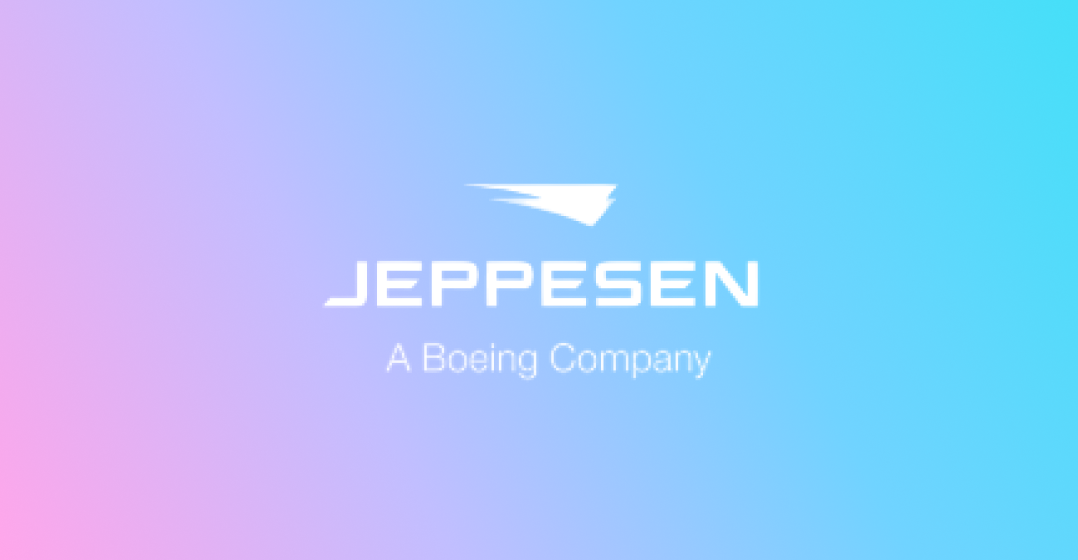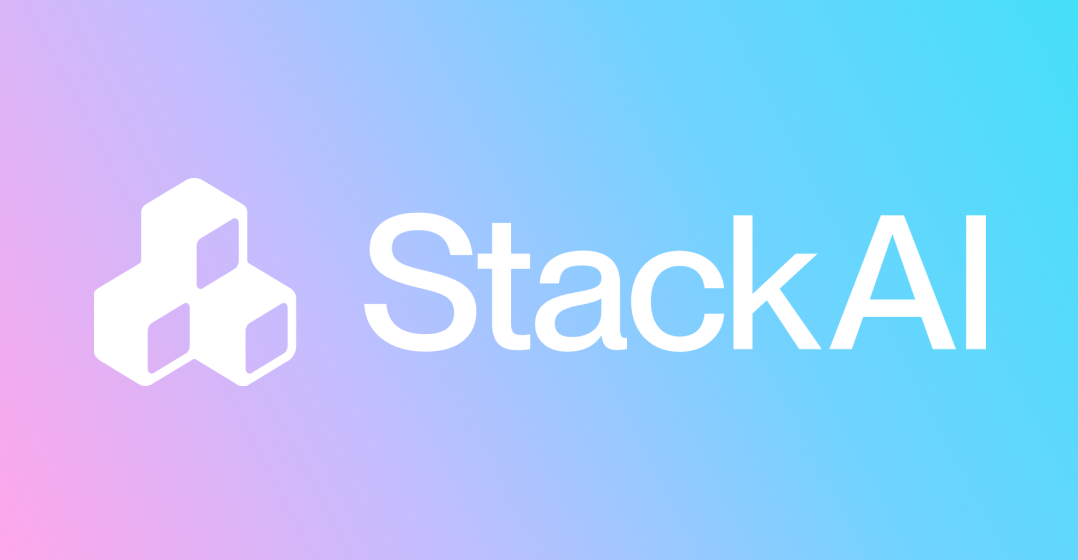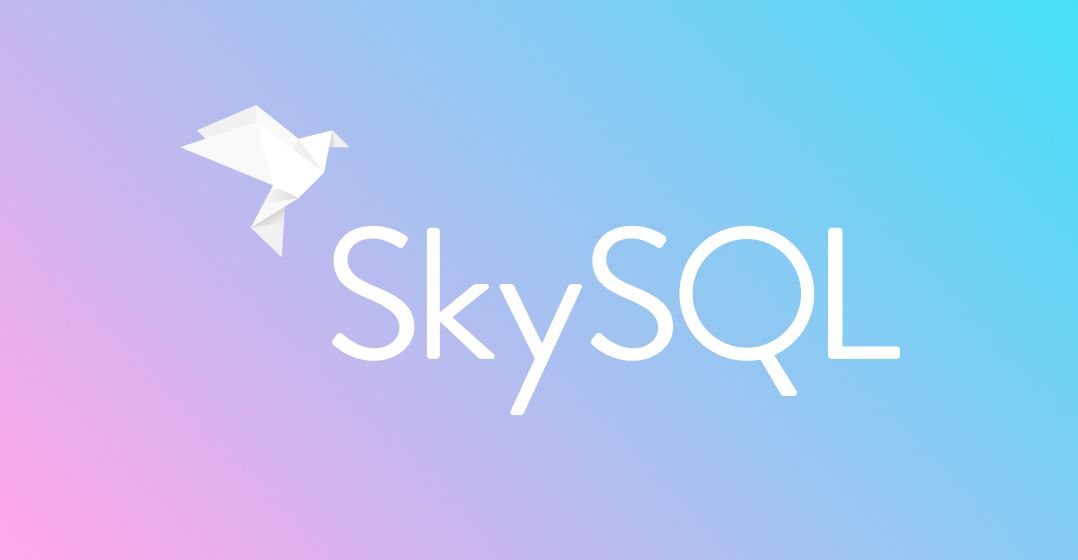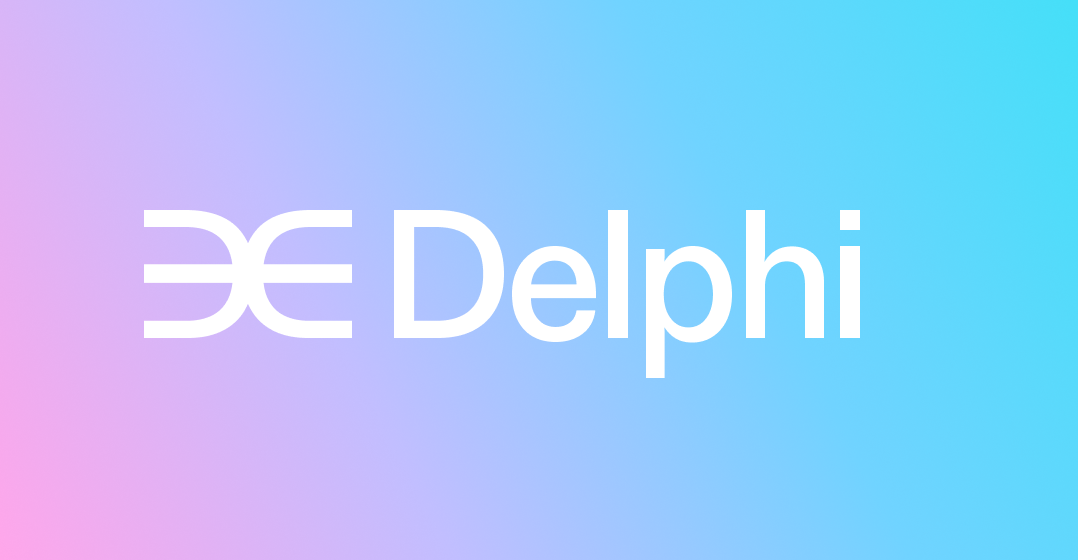Background
Jeppesen’s enterprise AI engineering team launched a platform-level initiative to address a growing challenge: internal teams across the organization were independently piloting and experimenting with AI-powered chatbots, often duplicating work, running into compliance hurdles, and deploying in silos.
To solve this, a lean 5–7 person frameworks team built a unified, secure, reusable framework for building and deploying agents at scale—internally branded as the Unified Chatbot Framework (UCF). At the heart of the solution: LlamaIndex’s flexible, open-source, event-driven agent workflows.
“Everyone was building their own bots. Some teams were ahead, some just starting. We wanted to create a shared foundation that made it easier to build and learn together.” —Divya Basu, AI Architect, Jeppesen
Problem
Prior to UCF, chatbot and agent development at Jeppesen, faced several obstacles:
- ⚠️ Redundant effort – Multiple teams built similar components with no shared templates or knowledge
- 🔐 Compliance burdens – Each team had to individually navigate AI governance and IT policy approvals
- 🕒 Long development cycles – It took ~512 hours to build a single chatbot or agent from scratch
- ❌ Lack of standardization – Interfaces, deployment models, and tool integration varied by team
Solution: A Unified Agent Framework Powered by LlamaIndex
The team developed the Unified Chatbot Framework (UCF), a templatized platform that dramatically simplifies agent creation using LlamaIndex’s open-source components. Jeppesen, evaluated several agent frameworks, including chain and graph-based ones. LlamaIndex was selected for its flexibility, modularity, and production-grade control over agent orchestration.
Key Reasons for Choosing LlamaIndex:
- ✅ Event-driven workflows with session + state management
- ✅ Transparent, open-source tooling with strong developer community
- ✅ Support for custom tool creation and template injection
- ✅ Fine-grained control over agent logic, inputs, and execution flow
“Other frameworks felt rigid. LlamaIndex gave us the control and flexibility we needed to meet enterprise constraints.” —Divya Basu, AI Architect, Jeppesen
With UCF, Jeppesen’s team can build agents with ~50 lines of code and a JSON config file—plugging in LLMs, toolchains, and retrieval pipelines with full control and security. This brings the time down from 512 hours to 64 hours to develop and deploy a new agent while also taking advantage of a shared unified framework with consistent security, compliance, and privileged access to internal systems built in.
Users can import a template, use an API tool, bring their own resources, configure them alongside existing tools and the chatbot, connect to different data sources, and build tools based on that data–all without having to worry to figure our basic LLM app components or configuring to internal security and compliance standards.
“It’s like bringing your own config and getting an enterprise-grade agent with just a few lines of code. It changed the game.” —Yamini Guhe, Engineering Team Lead, Jeppesen
Key Platform Capabilities:
- 🔁 Workflow Templates – For building single/multi-agent systems
- 🔌 Tool Connectors – GraphQL, SQL, REST APIs, Neo4j, Databricks Data Mesh
- 🧠 Bring-Your-Own-LLM – Support for Azure, AWS, HuggingFace, open models
- Bring-Your-Own-Vector-Database – Azure Ai search, Qdrant
- Conversation-Memory-Store – Support for Azure Cosmosdb, Azure Table and Azure cache for Redis
- 🔐 Policy-Aware Design – Built-in enterprise compliance and deployment standards
- ⚙️ Low-Code Configuration – Agents can be stood up with a simple config file
“We explored more rigid graph-based frameworks. But it was LlamaIndex’s event-driven workflows and full control over state transitions that won us over.” — Divya Basu, AI Architect, Jeppesen
Impact
Jeppesen’s, Unified Chatbot Framework is now onboarded with 10-11 production products, leveraged by internal teams across Boeing. It has become a de facto agent development standard.
Quantitative Results:
- ⏱️ Development time reduced from 512 to 64 hours per agent (~87% savings)
- 📉 1,792 collectives hours already saved
- 📈 Projected to save ~4,900 hours annually across the org after the global rollout is complete.
“We measure success not just in hours saved, but in how quickly teams can explore, contribute back, and scale securely.” — Karan Dodiya, Technical Product Owner, Jeppesen
Conclusion
Jeppesen’s, success with UCF demonstrates how even a small, focused team can drive large-scale transformation with the right building blocks. LlamaIndex’s open framework enabled Boeing to move from fragmented bot development to a unified, secure, and scalable internal platform—turning AI experimentation into production-ready impact.
While it started as a chatbot framework, UCF is now evolving into a full agent orchestration system. Because LlamaIndex treats everything as a workflow, UCF supports both conversational and automated, event-triggered tasks.
“It started as a chatbot platform. But with LlamaIndex’s workflow architecture, it’s naturally evolving into an agent platform.” —Karan Dodiya, Technical Product Owner, Jeppesen





